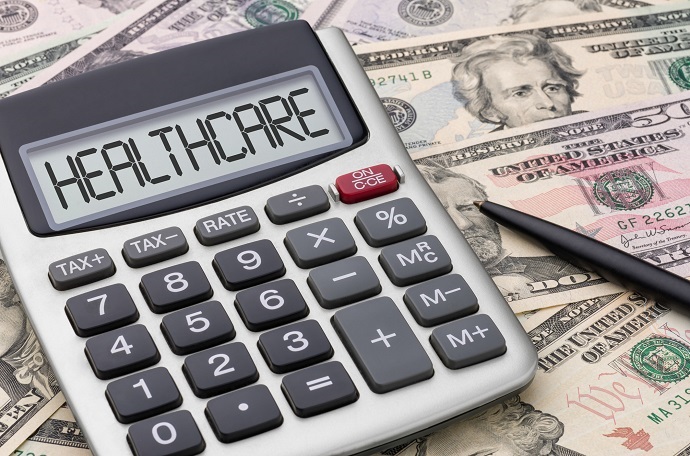Private Equity-Backed Air Ambulances Major Culprit of Surprise Bills
New research shows that air ambulance rides provided by companies owned by private equity firms were more likely to end in surprise bills.

- Prior to The No Surprise Act, many air ambulance rides left patients at risk for receiving a surprise bill, according to a USC- Brookings Schaeffer Study.
The air ambulance market has increasingly high prices and limited in-network contracting. These trends have left patients at risk for surprise out-of-network bills.
Research showed that in 2017 two private equity firms controlled approximately two-thirds of the national Medicare market for both fixed-wing and helicopter air ambulance transports.
Researchers found that the standardized allowed amount for privately owned companies averaged $32,051. In comparison, the standardized average allowed for helicopter rides provided by hospitals, nonprofits, and independent companies was $20,146.
Notably, the amount for helicopter rides provided by hospitals, nonprofits, and independent companies was still 3.5 times more than what Medicare would have covered.
Still, patients were two times more likely to receive a surprise bill from an air ambulance owned by private equity or publicly traded company compared to those owned by hospitals and other independent companies.
The data showed that in 2017 patients had a 55 percent chance of being at risk for a surprise out-of-network bill when transported by private equity or publicly traded air ambulance. Patients transported by other providers were only 29 percent at risk of being left with a surprise bill.
The size of potential balance bills from air ambulance carriers owned by private equity or publicly traded companies also grew more than 50 percent between 2014 and 2017, reaching an average of $26,507 in 2017.
Out-of-network allowed amounts remained similar over the four years, so fast-rising charges drove this growth. Other providers, by contrast, had an average potential balance bill of $15,671.
The cost between private equity or publicly traded providers and all other providers is similar for in- and out-of-network claims. Still, rides supplied by private equity and publicly traded providers are consistently higher.
Between 2014 and 2017, out-of-network providers performed an estimated 77 percent of all helicopter air ambulances. In addition, the data showed that it was significantly less likely for rides performed by private equity and publicly traded to be in-network with insurers.
Additionally, 89 percent of transports provided by private equity and publicly traded airambulances were out-of-network.
“When a patient is transported by an out-of-network air ambulance, the carrier can balance bill the patient for the difference between its charge and the insurer’s allowed amount,” stated the researchers in the press release.
“But in many cases, the insurer elects to set its allowed amount equal to the provider’s full charge, which eliminates any potential for a surprise balance bill to the patient. We find that this occurs more frequently for transports provided by carriers not owned by private equity or publicly traded companies, presumably because their charges are substantially lower.”
The estimated standardized average charge set by private equity and publicly traded providers was 8.3 times greater than the Medicare price, totaling at $48,155.
The standardized average cost was more than 75 percent higher than other providers' standardized average price of $27,366.
Research state that the No Surprise Act starting on January 1, 2022, will protect patients from being charged for more than in-network sharing amounts.
“While the No Surprises Act will protect consumers, the law’s arbitration process to settle payment disputes between insurers and out-of-network providers will have important effects on payments for these services…if arbitration decisions tend to follow the QPA, the No Surprises Act should mitigate further increases in prices in future years,” the researchers said.
